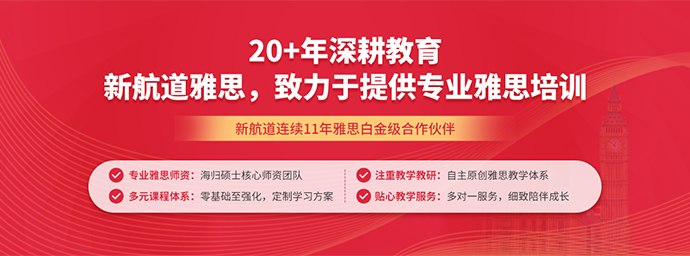
Difference between children’s education
IN certain respects, children are the same all over the world. But many factors affect the development of children, both parental support and education being major influences. There are vast differences between schooling styles, and parental attitudes towards children, in China and the West.
Some of these differences have obvious causes, for example, the "Little Emperor" syndrome in China. Parents everywhere have dreams for their offspring. However, the concentration of energy invested into planning for a child’s future is noticeable in China, as it is not diluted by the presence of siblings.
This adoration can be seen in other ways. One of the most common is spoiling children, giving them everything they want. Some of the time this is a reward for good work, although there are children who receive all they want merely because they demand it from their parents.
Hard work?
Parents also have this tendency to spoil children in the West. If a child does start to see itself as the all-deserving star of the Universe, usually its siblings will tease and bully the child until it stops feeling self-important.
Another contrast between the upbringing of children in China and the West is in schooling. Without a doubt, Chinese children work harder than their European and American counterparts. Their industriousness is admirable, and in comparison, Western students are lazy. In European countries, teenagers will often have a Saturday job, or holiday job, to supplement their allowance. This is rare in China, where education is considered of paramount importance, and time working detracts from study. The same contrast is true of romantic relationships between teenagers. I spoke to Han Li, a 16-year old student in Huhhot, about boyfriends. She said: "I have no time for a boyfriend, even if I did want one. I must study hard, there is a lot of pressure on me to get good grades and go to university."
The style of teaching is very different in China from in the West. The notion of "repeating after a teacher’’ seems old-fashioned and redundant in America and Europe. Large class sizes may be the reason for the popularity of this teaching method. In England, any class over 30 is considered large enough to impair learning. However, I have noticed that this parrot-style of learning is being replaced with more progressive methods of education in many Chinese schools.
The perfect solution would be to combine Western and Chinese education methods. Combat the laziness and apathy of Western students; encourage initiative within Chinese students, by expecting independent thought as opposed to mindless repetition. As for spoilt kids anywhere, some of these children would benefit from a smack on the bum.
Genevieve Roberts graduated from Leeds University, England. She has spent the last eight months teaching in China. Anyone with unusual cultural or social experiences who wants to share them with us here at 21st Century can send a copy toelt@21stcentury.com.cn.
By Genevieve Roberts, SPECIAL TO 21ST CENTURY
以上就是新航道雅思频道为大家整理的雅思写作范文之儿童教育问题,希望对大家有帮助,更多资讯、资料请访问新航道雅思阅读频道 http://www.xhd.cn/ielts/xiezuo/






